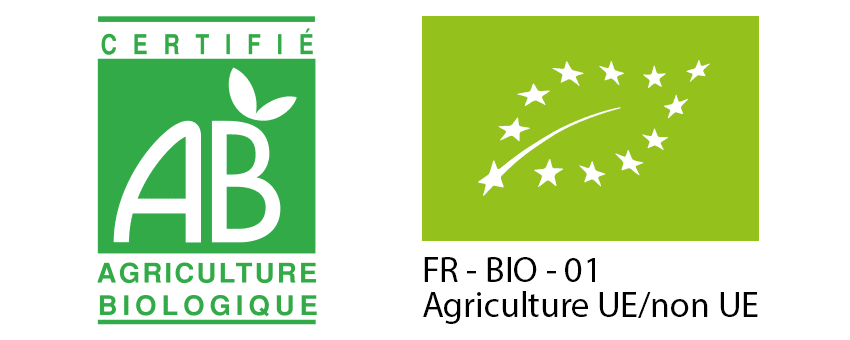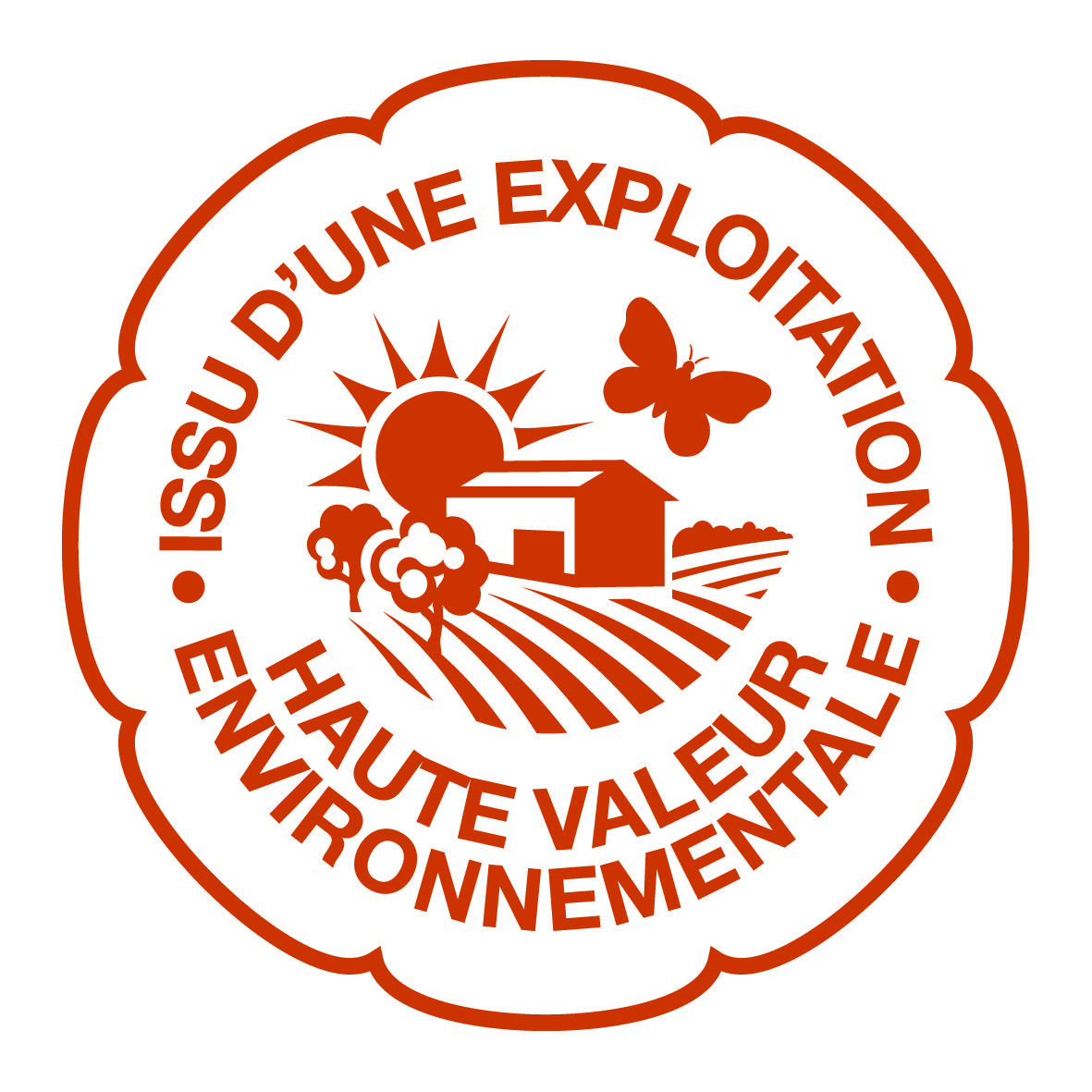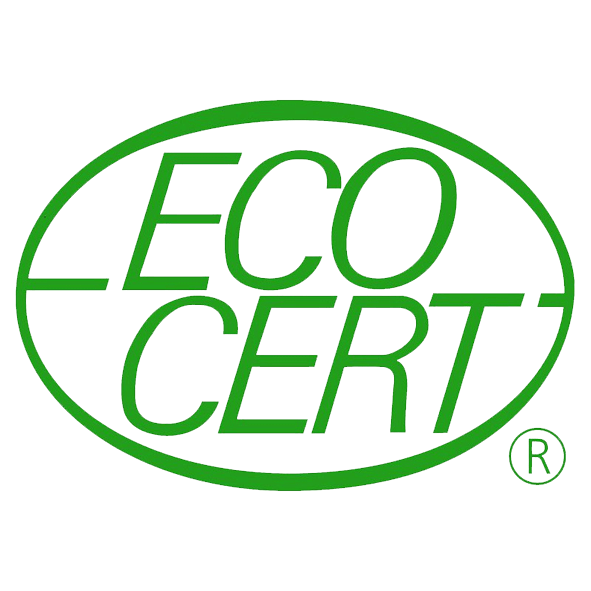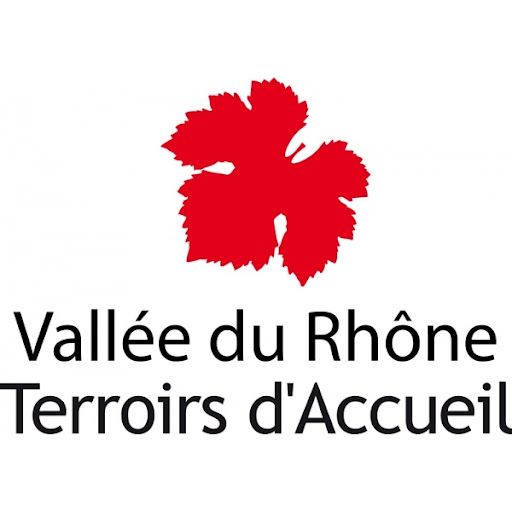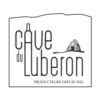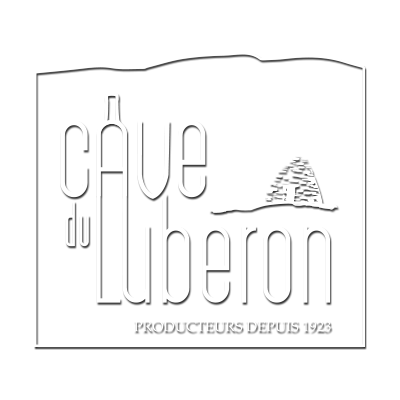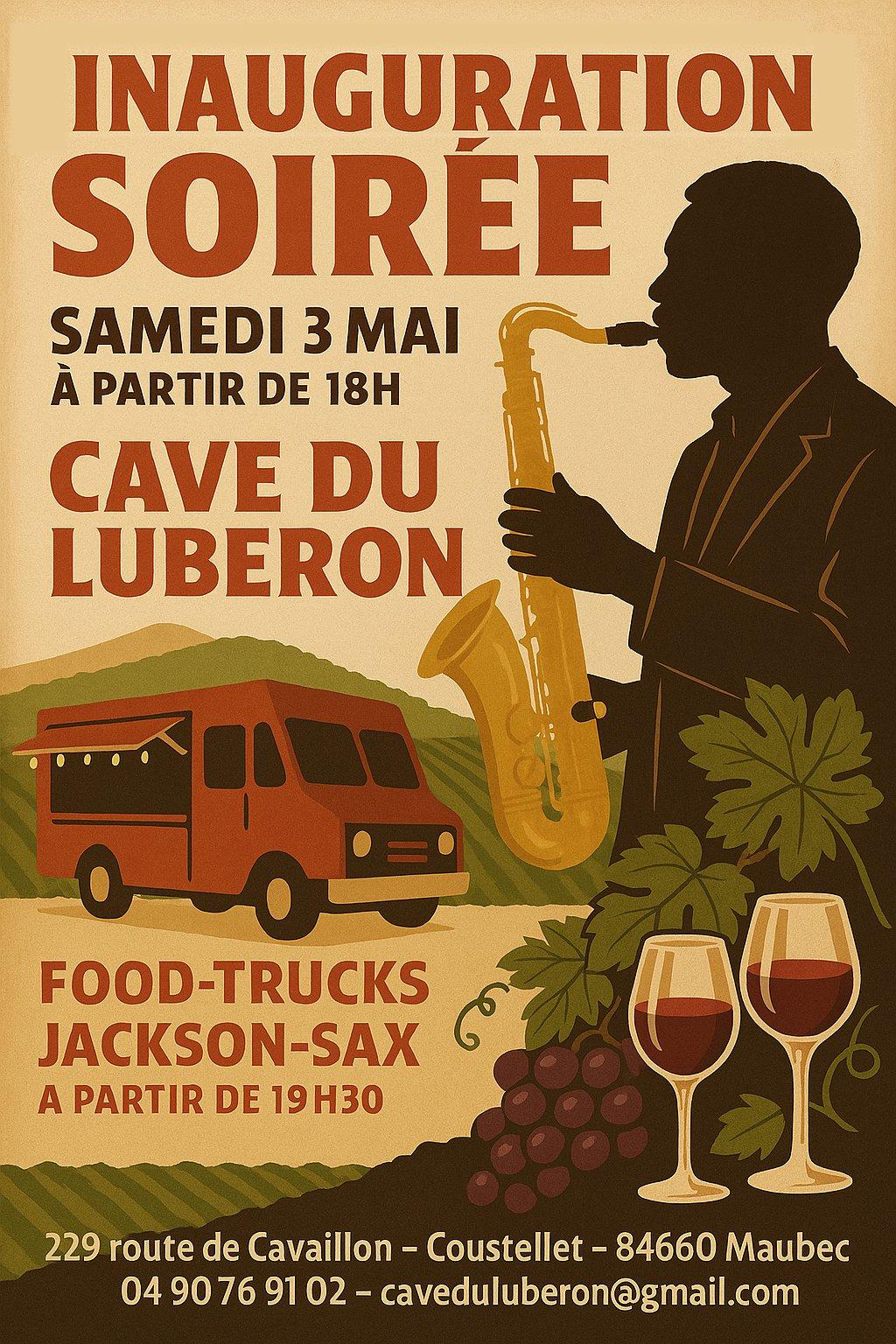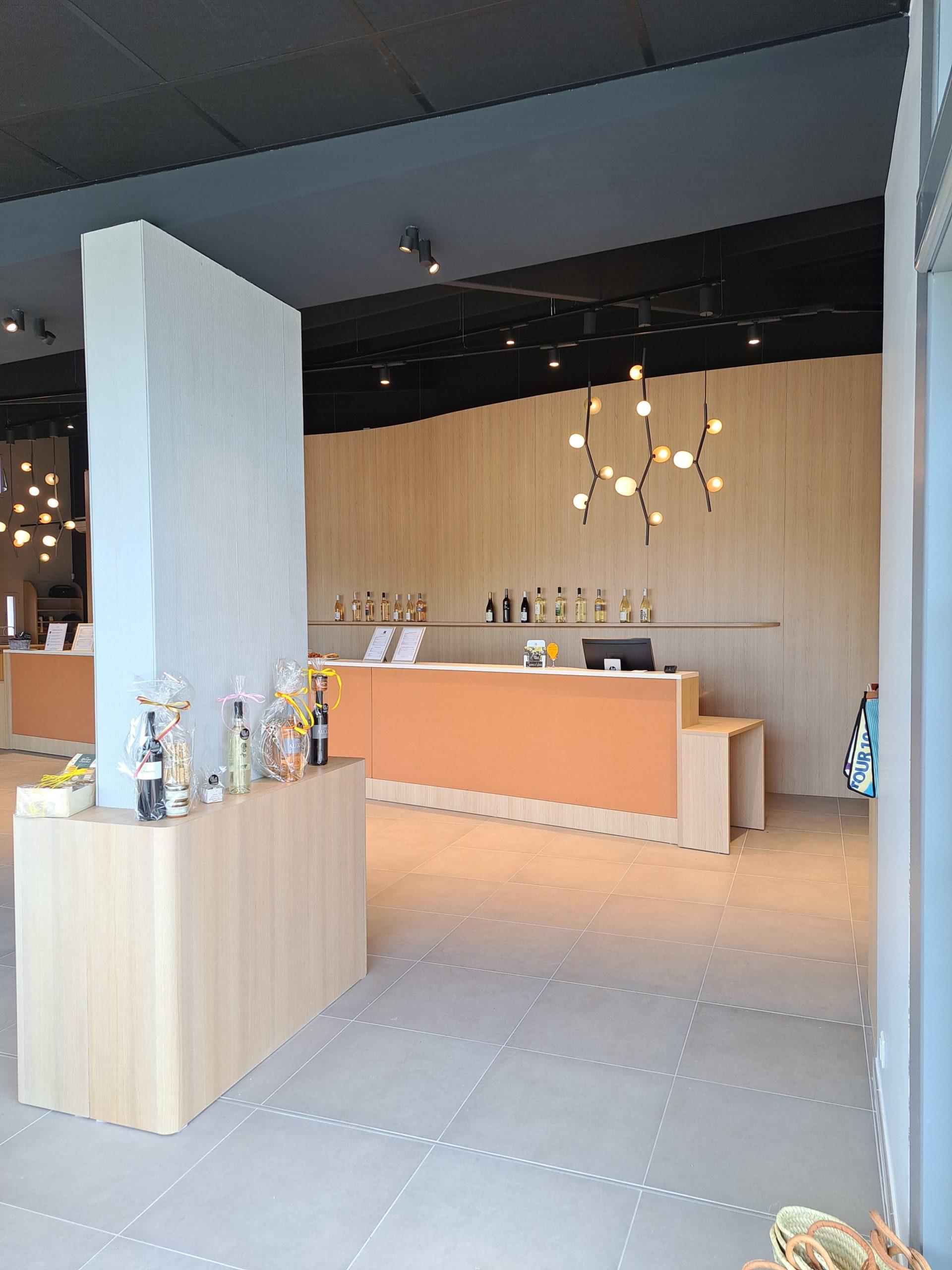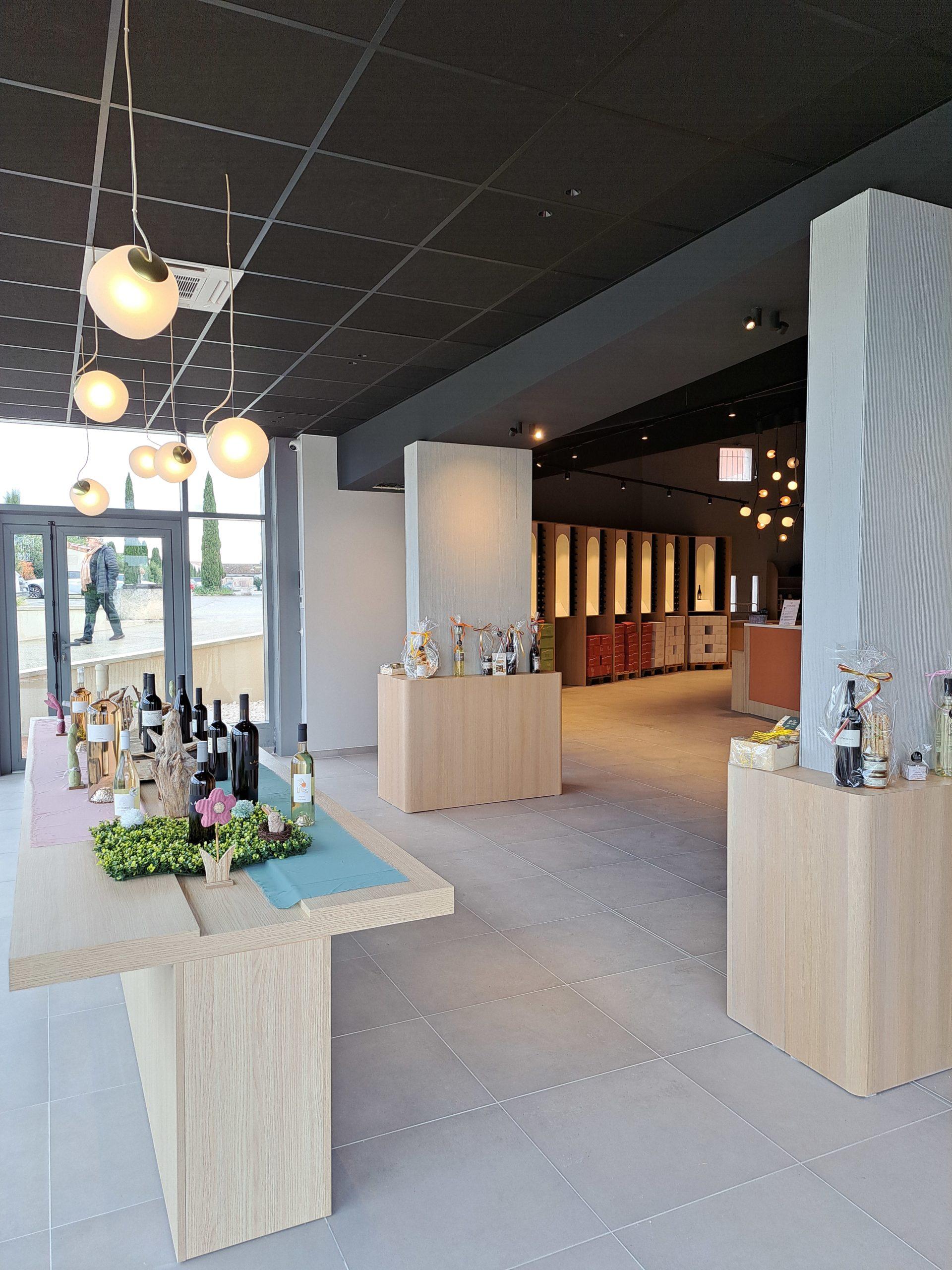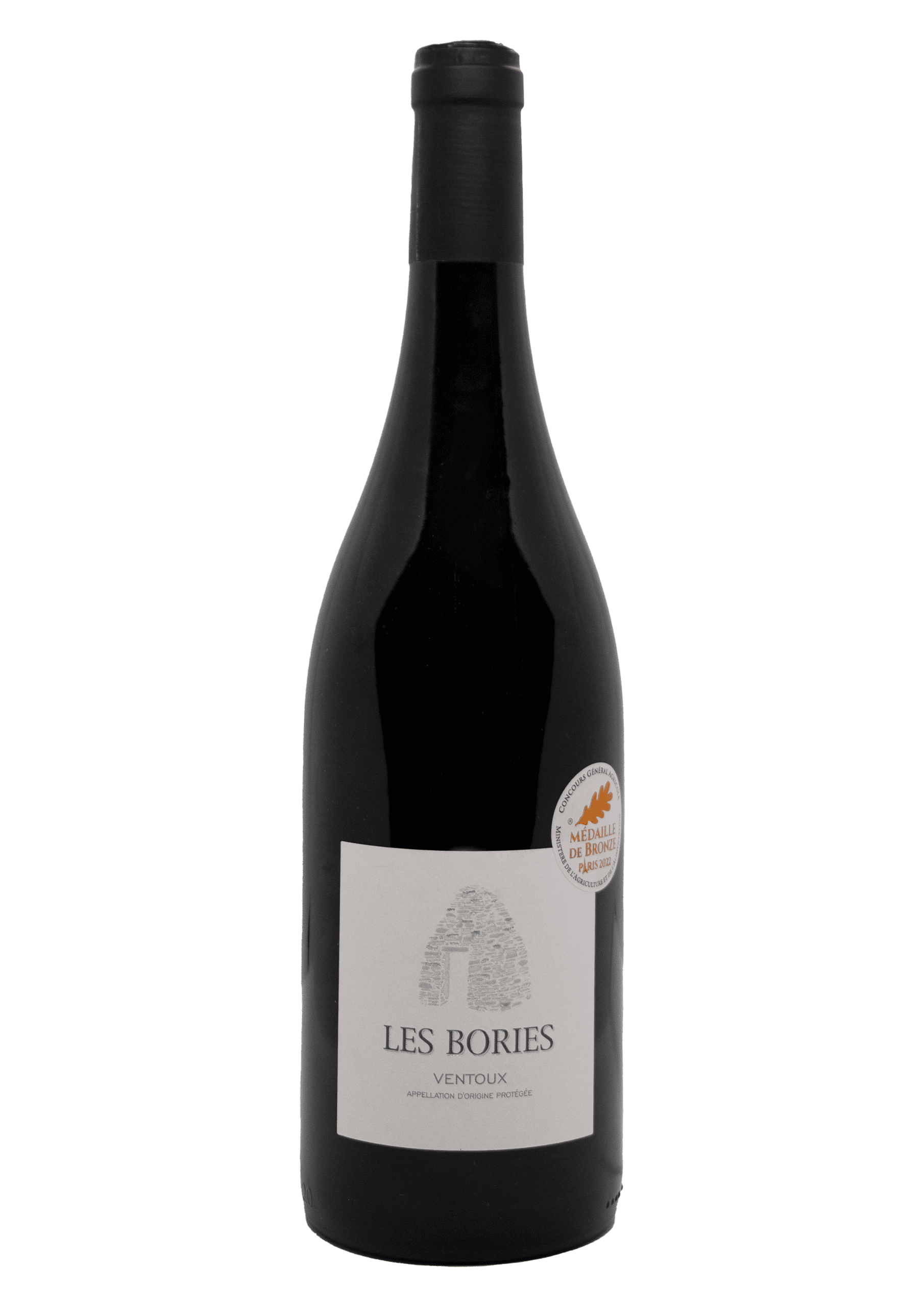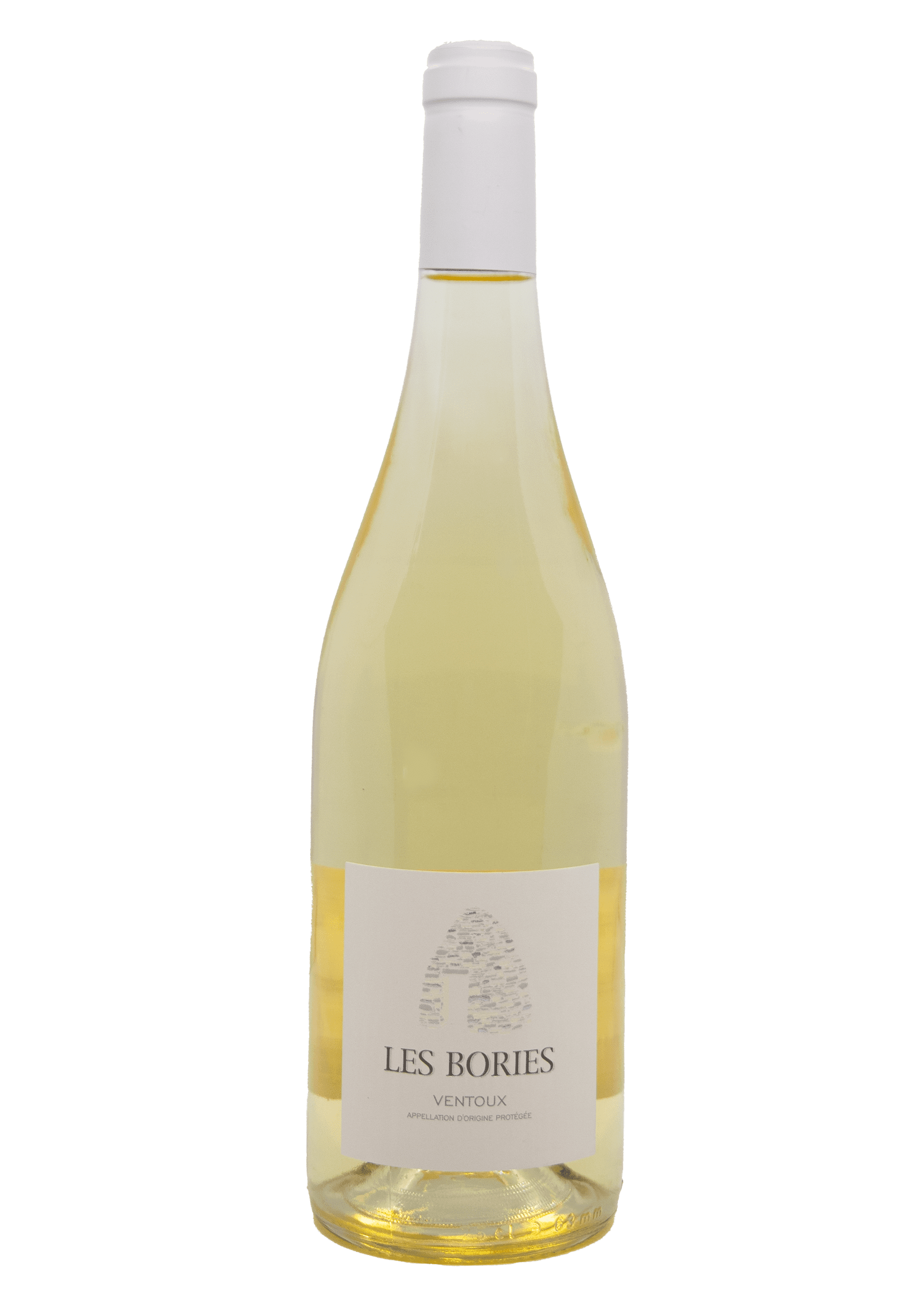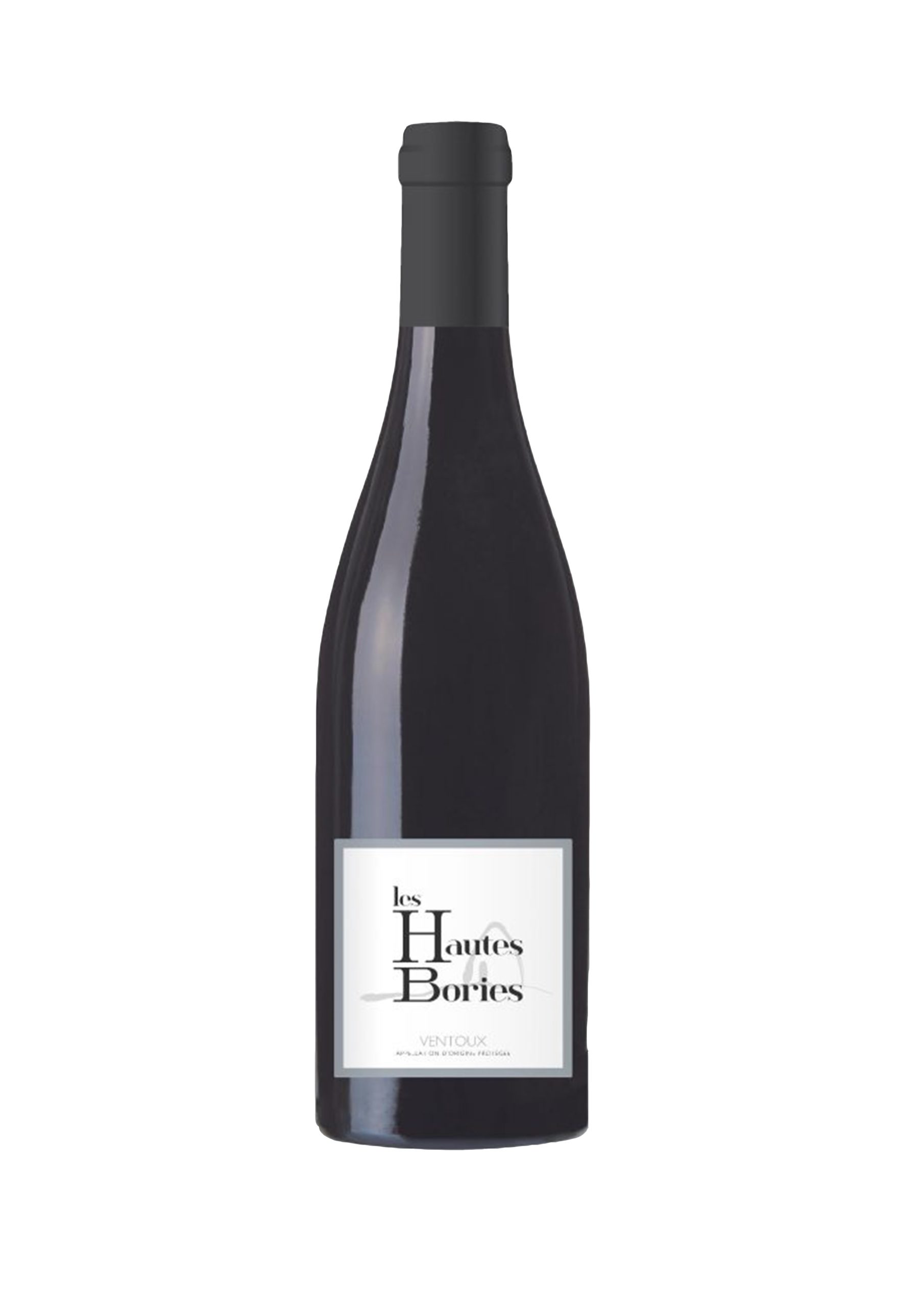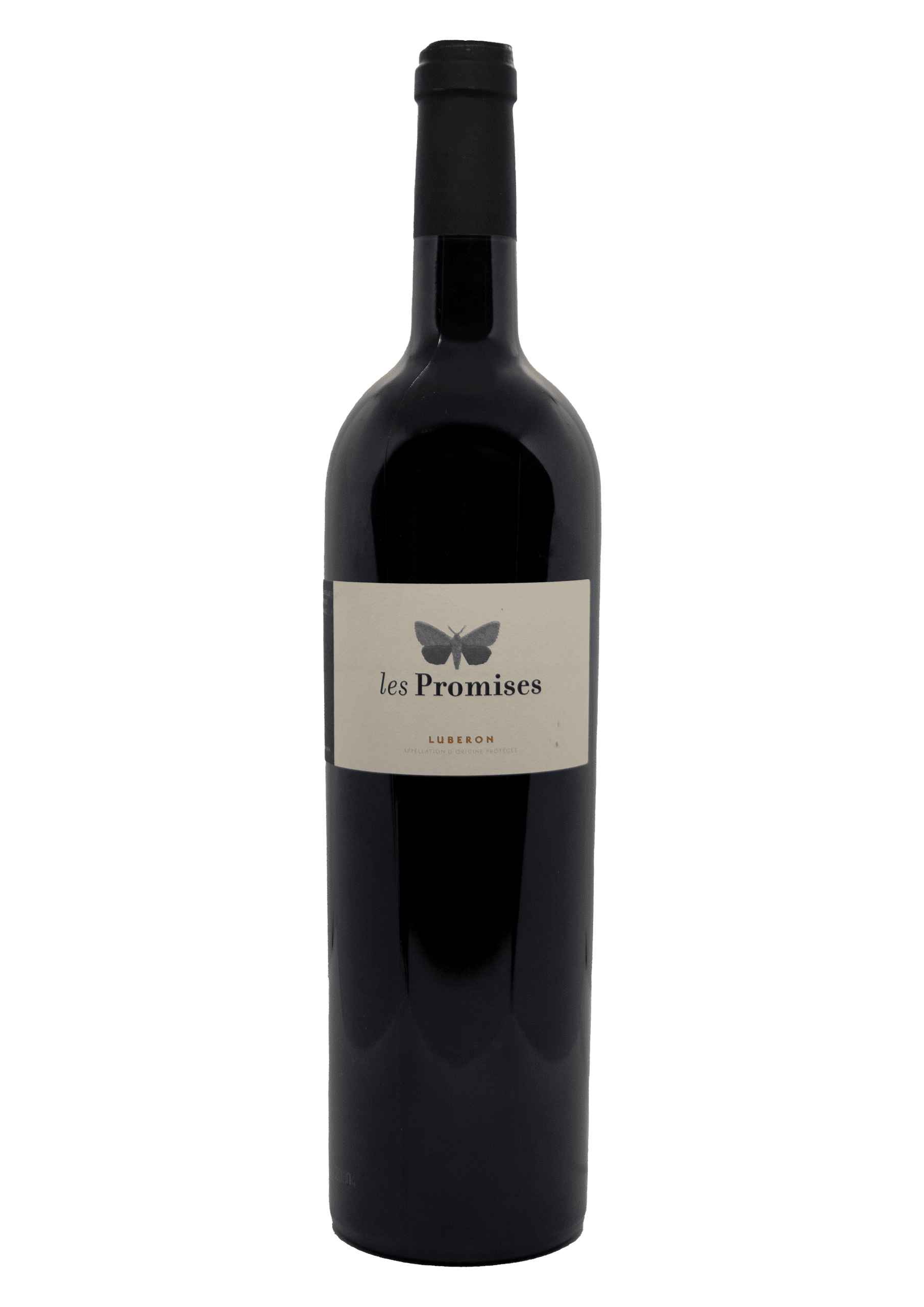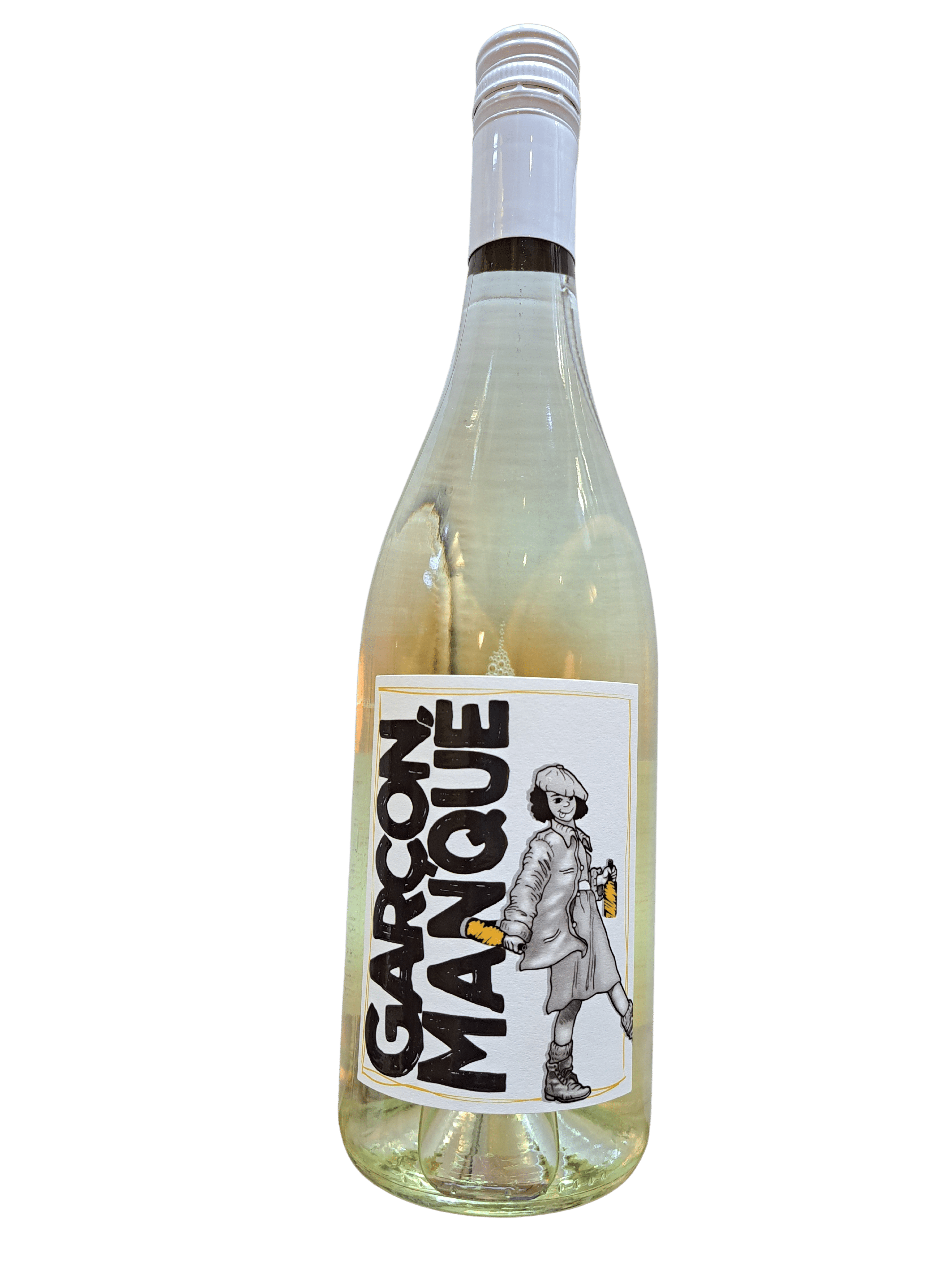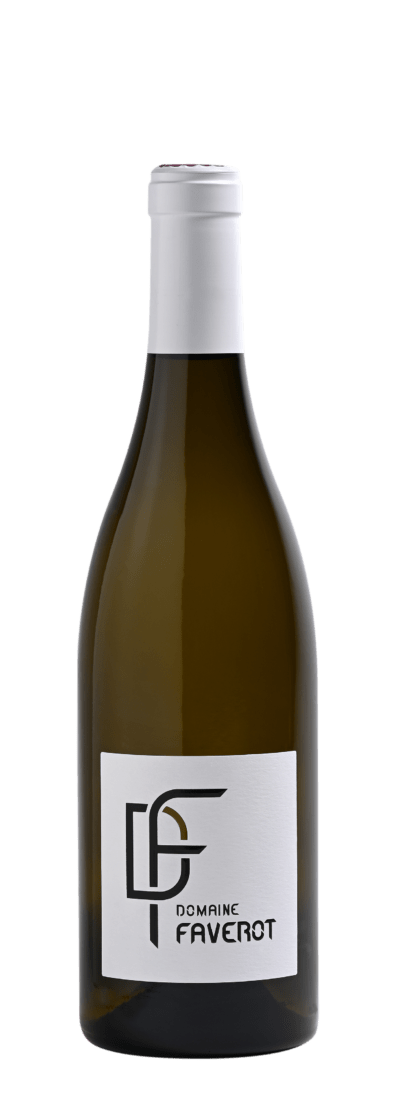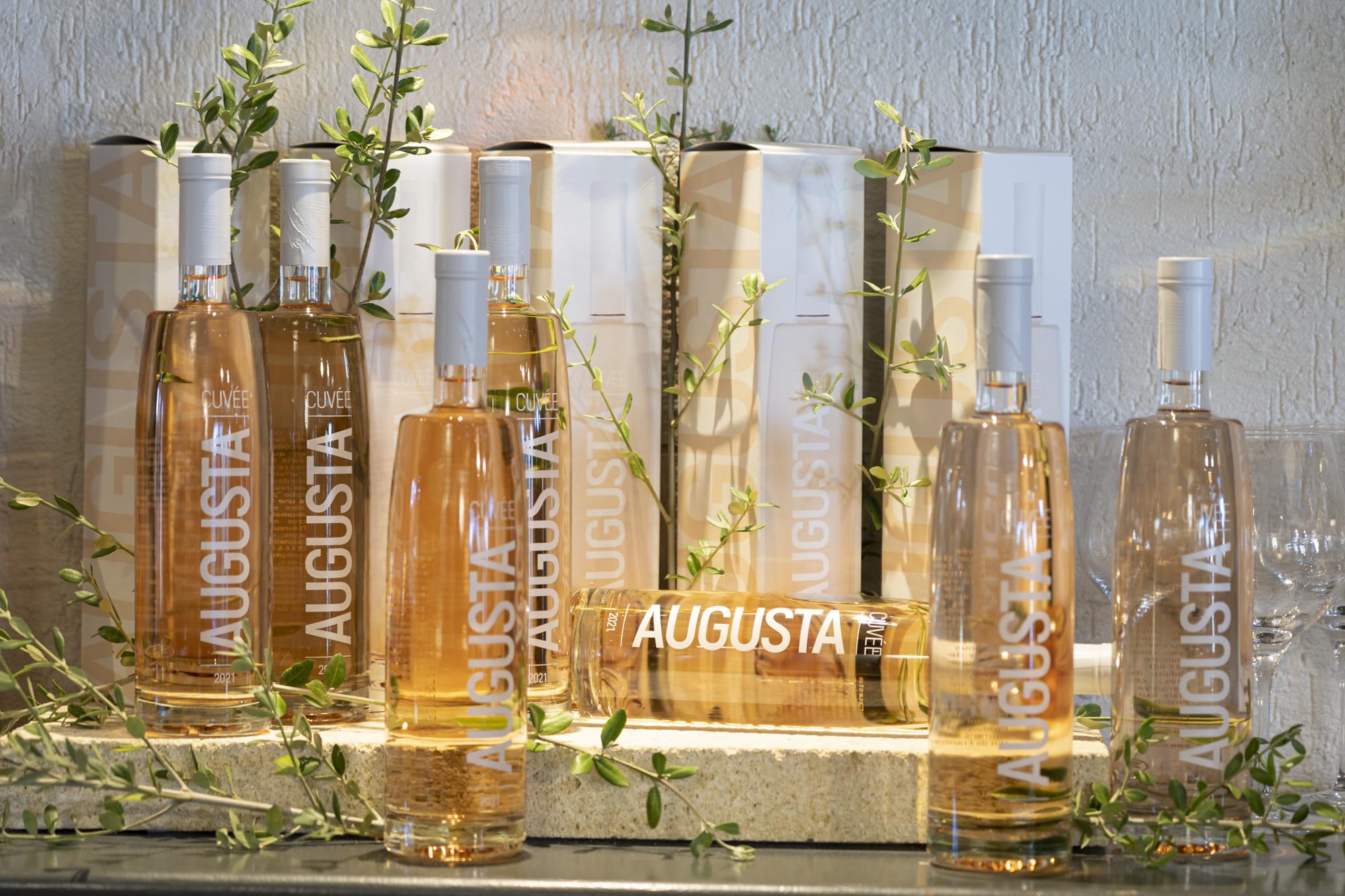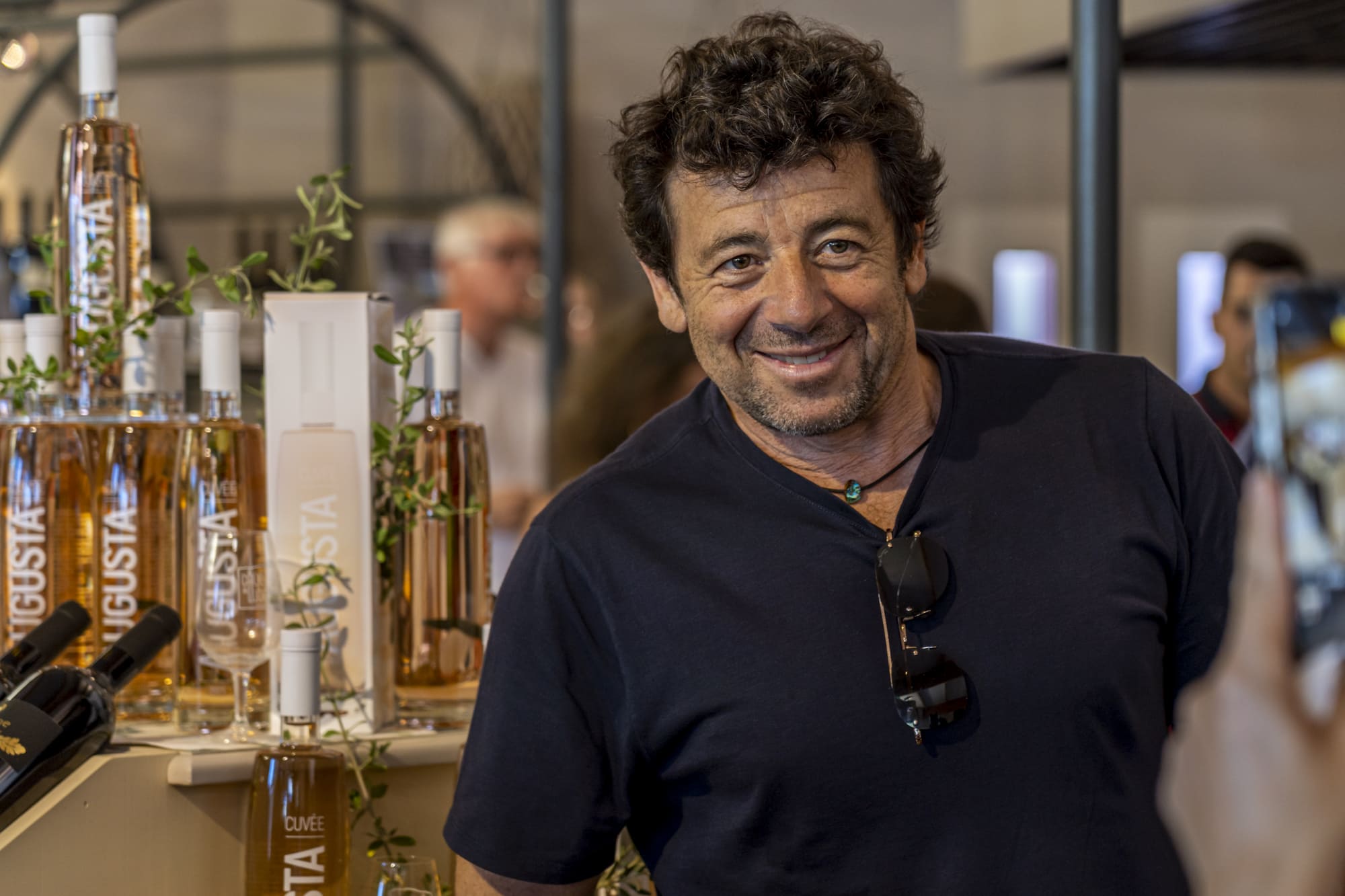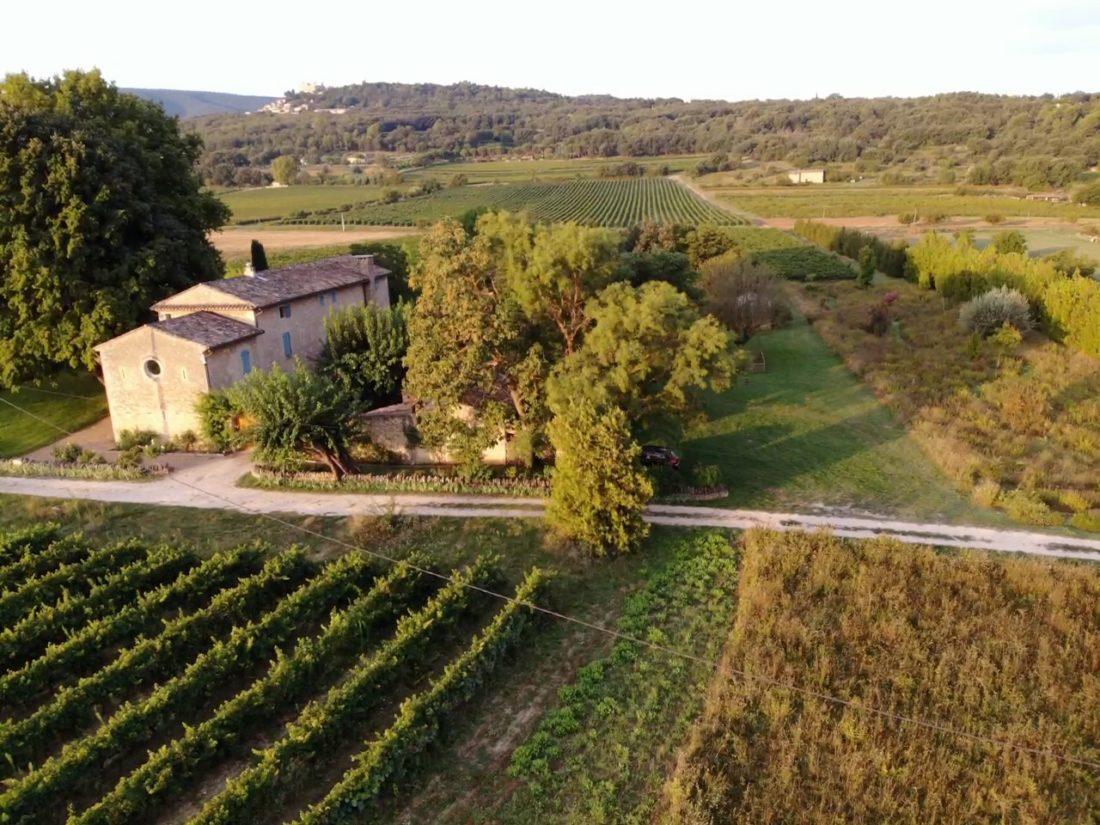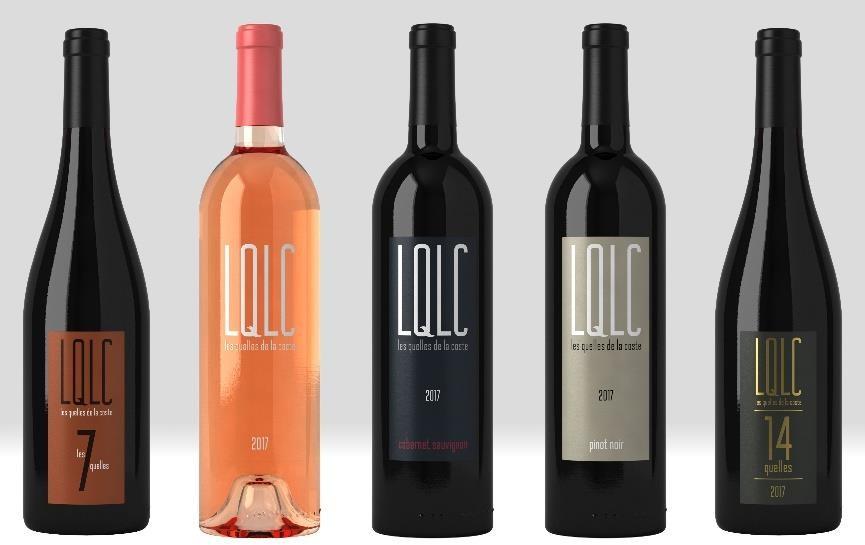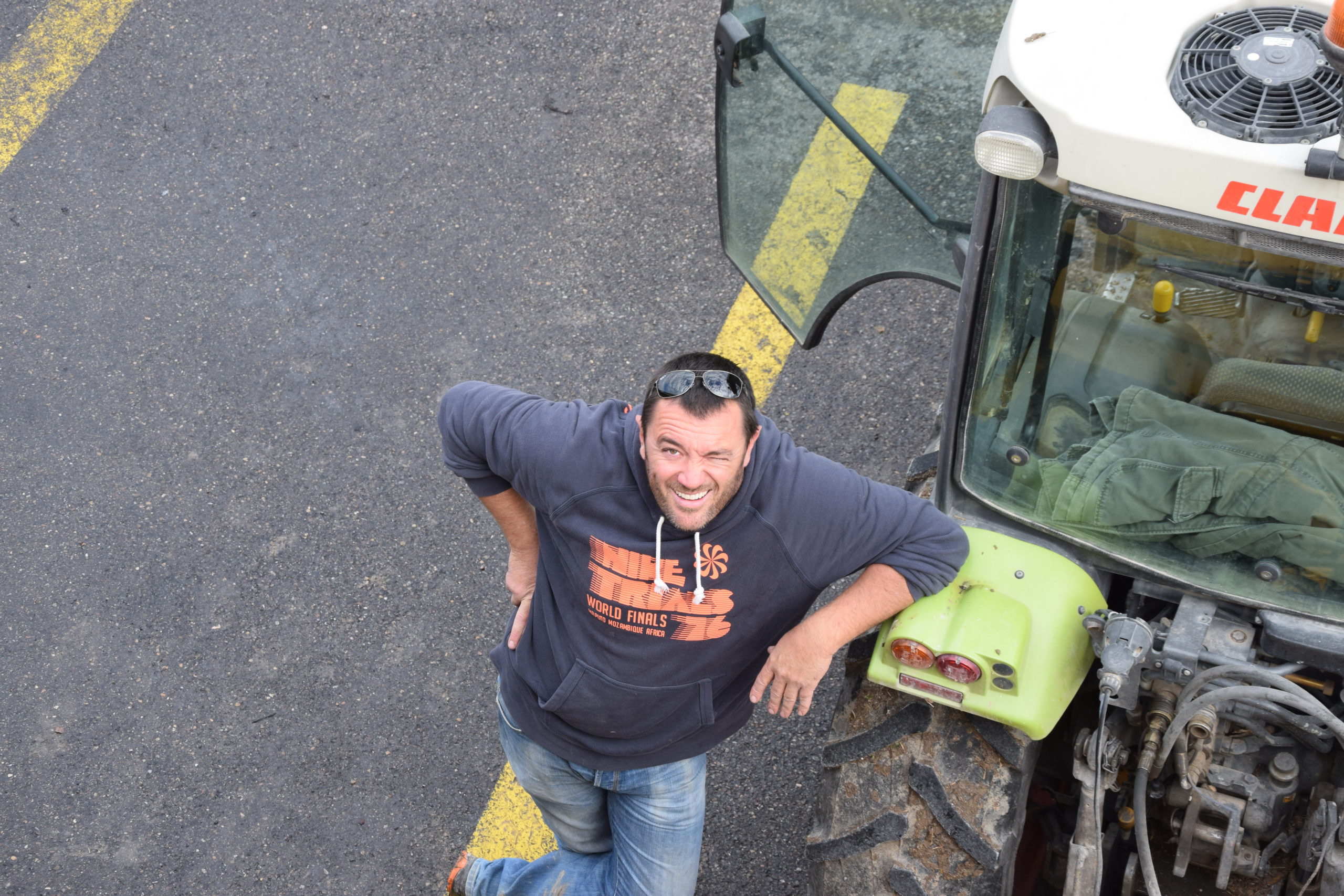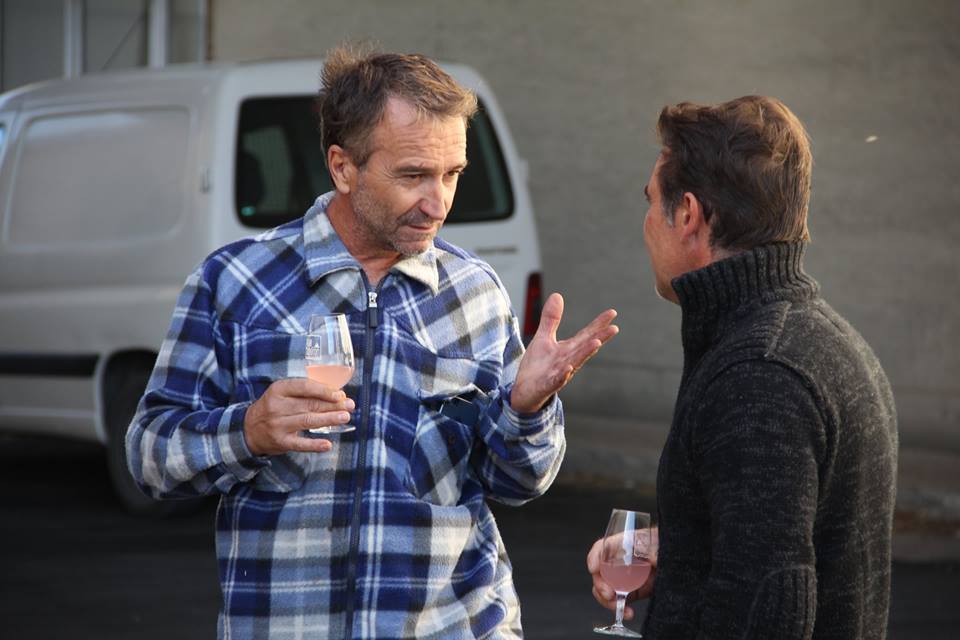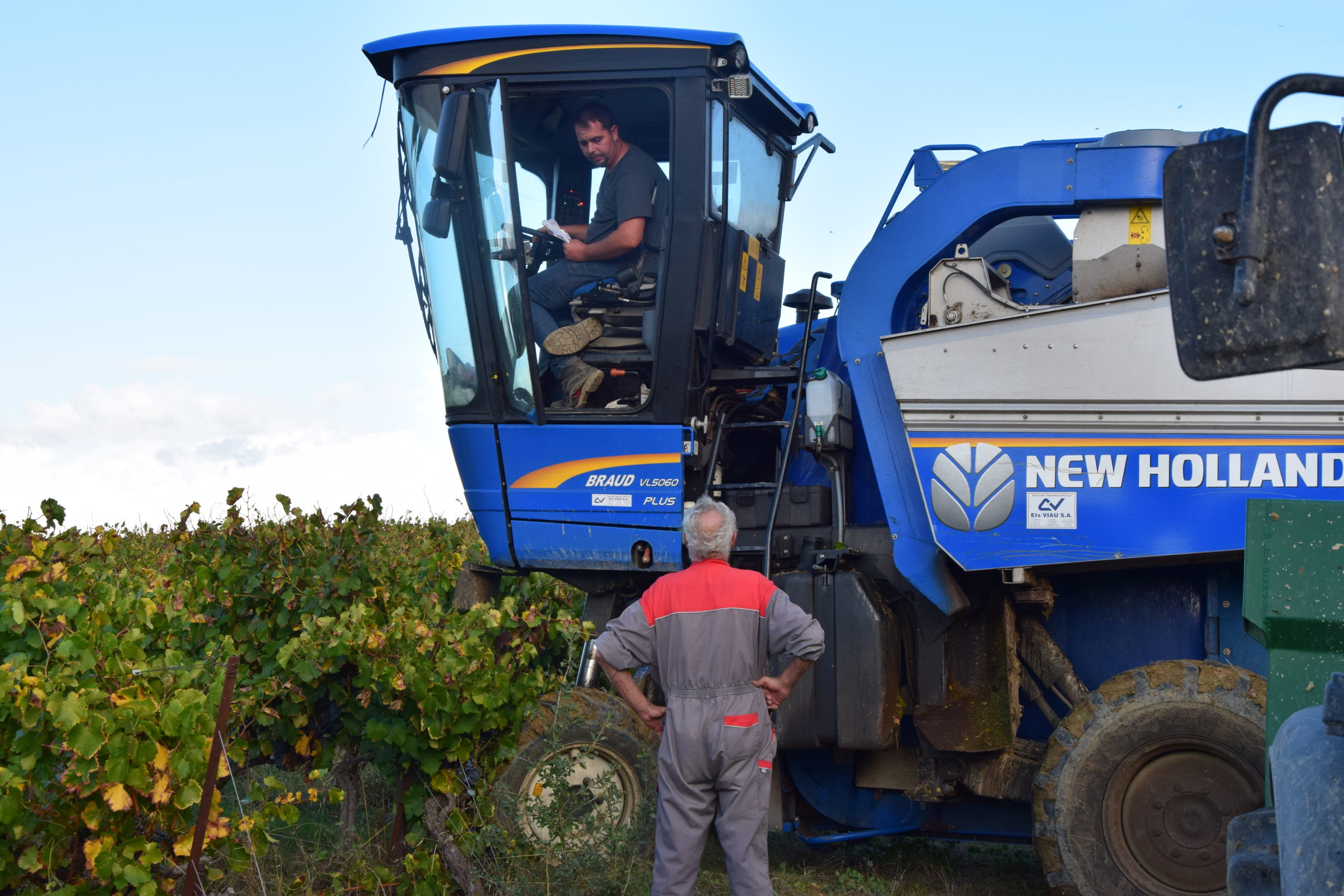Our cellar is installed since 1923 in the Luberon, in the heart of Provence.
It is located in front of the Monts de Vaucluse, in the hamlet of Coustellet, in the commune of Maubec.
Our opening hours :
Monday to Sunday :
9am - 12pm / 2pm - 6:30pm
Sunday: 9:30 a.m. - 12:30 p.m.
La Cave du Luberon is reinventing itself in Coustellet: push open the door of our renovated boutique and let us guide you!
THE SELECTION OF THE MOMENT
At the foot of the Luberon, on its northern slope, Domaine Faverot benefits from a sandy terroir, cool and precocious.
Its color is pale yellow with golden hues.
The nose is floral, with notes of pear and yellow peach.
The palate is round and fresh, with notes of honey, spices and, discreetly, vanilla.
A blend of Roussanne and Rolle, this white wine is the perfect accompaniment to raw or cooked fish, poultry or scallops...
ALL ABOUT THE CELLAR
F.A.Q
Traditional vinification for the red wines with temperature control (25 to 28°) and maceration time of about 20 to 30 days, with sometimes an aging in oak barrels. The white wines are obtained by direct pressing with temperature control (from 14 to 18°), as well as maturing on lees and in barrels for certain vintages. The rosé wines are also obtained by direct pressing with temperature control (from 14 to 18°) and a selection of juices for some. At all stages of production, the juices and wines are protected from oxidation with different inerting processes (dry ice, nitrogen...) in order to preserve a maximum of aromatic potential.
Organic winegrowers are obliged to use products that are free of synthetic organic molecules. They use raw materials of natural origin (copper, sulfur, insecticides of plant origin) and seek to promote the natural fight between species. Their objective is to favor the life of the soil, the perenniality of animal and plant species, thus favoring the natural ecosystem.
Sustainable viticulture is a global approach to farm management that aims to reinforce the positive impacts of agricultural practices on the environment and to reduce their negative effects, without jeopardizing the economic profitability of the farms.
Yes, by appointment only and for a minimum of 5 people. The visit will be in French or English and will be followed by a tasting of four wines of your choice. Please note that a contribution of 5 euros/person will be asked upon arrival. For picnics or "theme evenings", please contact us at 04 90 76 91 02 and we will inform you of our upcoming events.
- SO2 or sulfur dioxide or sulfur dioxide remains an essential input in wine
- It has antioxidant and antiseptic properties
- Sulfur is considered an allergen in the same way as milk, eggs, nuts, etc.
- Its labeling is mandatory as an allergen to inform the sensitive population
- Our wines contain SO2 concentrations well below the maximum permitted levels
Yes, absolutely, and even better than a simple discount! If you spend more than 350 € on purchases, the transport is simply offered to you. We take care of the bill, and it's far too expensive for our taste!
Yes, absolutely, our customers can benefit from a "virtual" card in their name where points are accumulated giving the right to free gifts (gift bottles). However, this advantage cannot be combined with the free shipping costs from 350 euros of purchases.
- A cooperative winery is an autonomous association of people voluntarily united to satisfy their economic needs through a business where ownership is collective and power is democratic (1 man, 1 vote).
- The cellar produces and sells wine from the grapes of its members. It carries out in common the operations of wine making, storage, sale and packaging.
- At harvest time, the winegrowers who are members of the cellar bring us a selection of their best grapes. Then our entire team works at the winery to vinify and sell the fruit of their harvest.
- The strength of cooperation lies in the diversity of terroirs, people, ideas and ways of working.
- We cultivate the difference and we produce good, sincere and clean wines.
We process your orders immediately, as soon as payment is confirmed, then we send the goods to our carrier the next day. It takes between one and two weeks depending on the period of affluence (Christmas and New Year) or by counting the weekends.
Indeed, we try to minimize the use of sulfites in our wines, well below the average doses claimed by other wineries.
Very good question. We are producers, which means that we produce wines exclusively from our own vineyard. Contrary to the wine merchants who resell the wines of other estates.
Only the wines produced by the producers of the Cave du Luberon and in the areas of appellation of the communes.
QUALITY COMMITMENT
Our labels
